News
-
 Science & Society
Science & SocietyFired federal workers share the crucial jobs no longer being done
Thousands of probationary federal employees received termination notices. Many were doing crucial work at science-related agencies.
By McKenzie Prillaman and Alex Viveros -
 Science & Society
Science & SocietyWhy some chaos-seekers just want to watch the world burn
A political scientist explains how a confluence of personality traits and perceived status loss can encourage some people to generate chaos as a solution to their woes.
By Sujata Gupta -
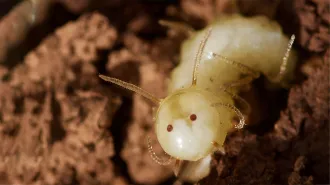 Life
LifeThe butts of these blowfly larvae mimic termite faces
The young of a mysterious blowfly species look — and smell — like the termites they hide among.
-
 Humans
HumansBiological sex is not as simple as male or female
A recent Trump executive order defines sex based on gamete size. But the order oversimplifies genetics, hormones and reproductive biology.
-
 Climate
ClimateEven desert cities could pull drinking water from the air
Water harvesting from foggy air provided up to 5 liters of water a day in a yearlong Chilean desert experiment.
-
 Physics
PhysicsSquishy materials reveal new physics of static electricity
The charge transferred when identical objects touch depends on their history, scientists find.
-
 Space
SpaceEarth had new, temporary radiation rings last year
Two bands of radiation called the Van Allen belts encircle Earth. After a May 2024 solar superstorm, two more showed up between those belts.
-
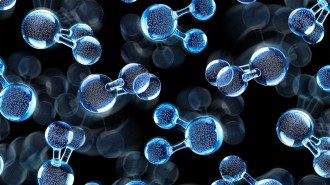 Physics
PhysicsA weird ice that may form on alien planets has finally been observed
High-pressure experiments generated the first direct observation of plastic ice, which has qualities of both crystalline ice and liquid water.
By Nikk Ogasa -
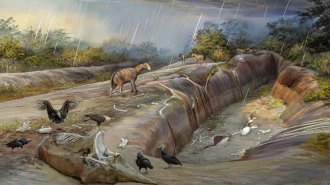 Paleontology
PaleontologyGiant camel-like creatures lived thousands of years longer than once thought
Fossilized teeth from two ancient megafauna suggest they roamed Brazil 3,500 years ago. The find “opens the door to rewrite South American history.”
-
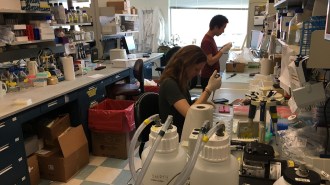 Health & Medicine
Health & MedicineNIH research grant cuts could deal a biting blow to crucial support staff
The funding agency aims to cap “indirect costs” in biomedical research grants. But this behind-the-scenes work is crucial to making research happen.
By McKenzie Prillaman and Alex Viveros -
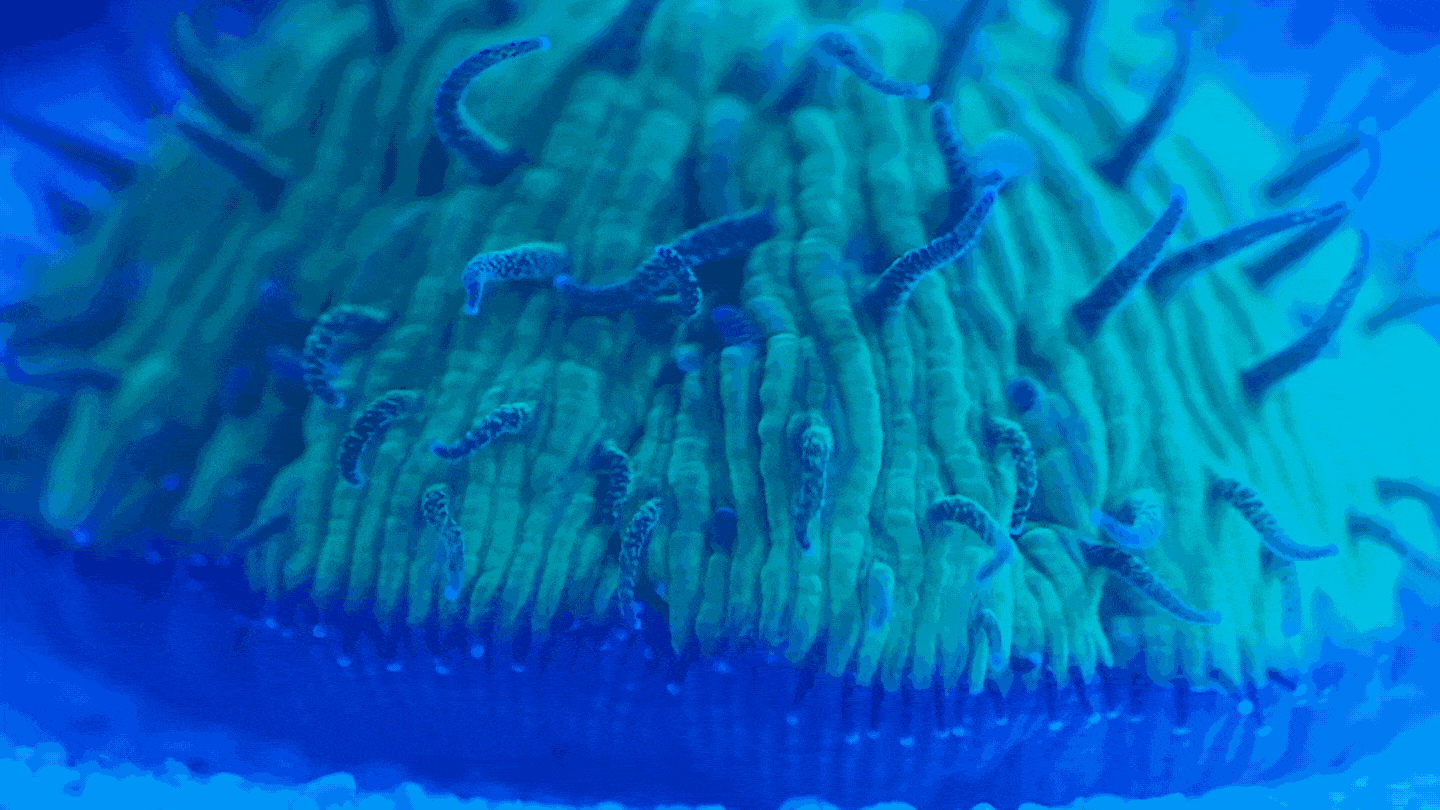 Animals
AnimalsHow a mushroom coral goes for a walk without legs
Time-lapse video shows how a mushroom coral polyp pulses and inflates, flinging its soft body into micro-hops to slowly move itself to a new location.
By Susan Milius -
 Earth
EarthEven epic rainfall may not be enough to refill SoCal’s aquifers
More than a dozen atmospheric rivers dumped rainfall on California in 2023 but replenished only 25 percent of the water lost from aquifers since 2006.
By Sid Perkins